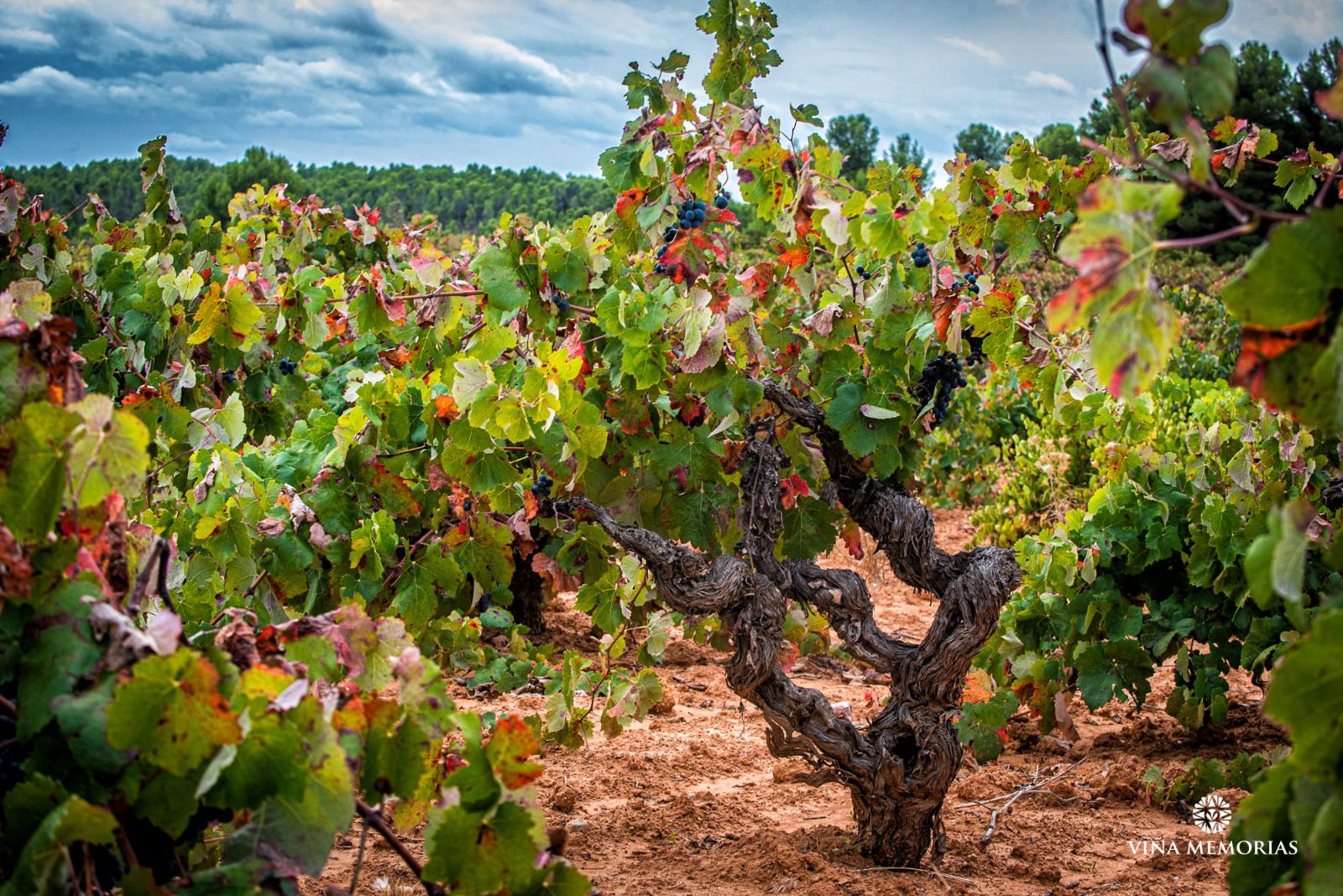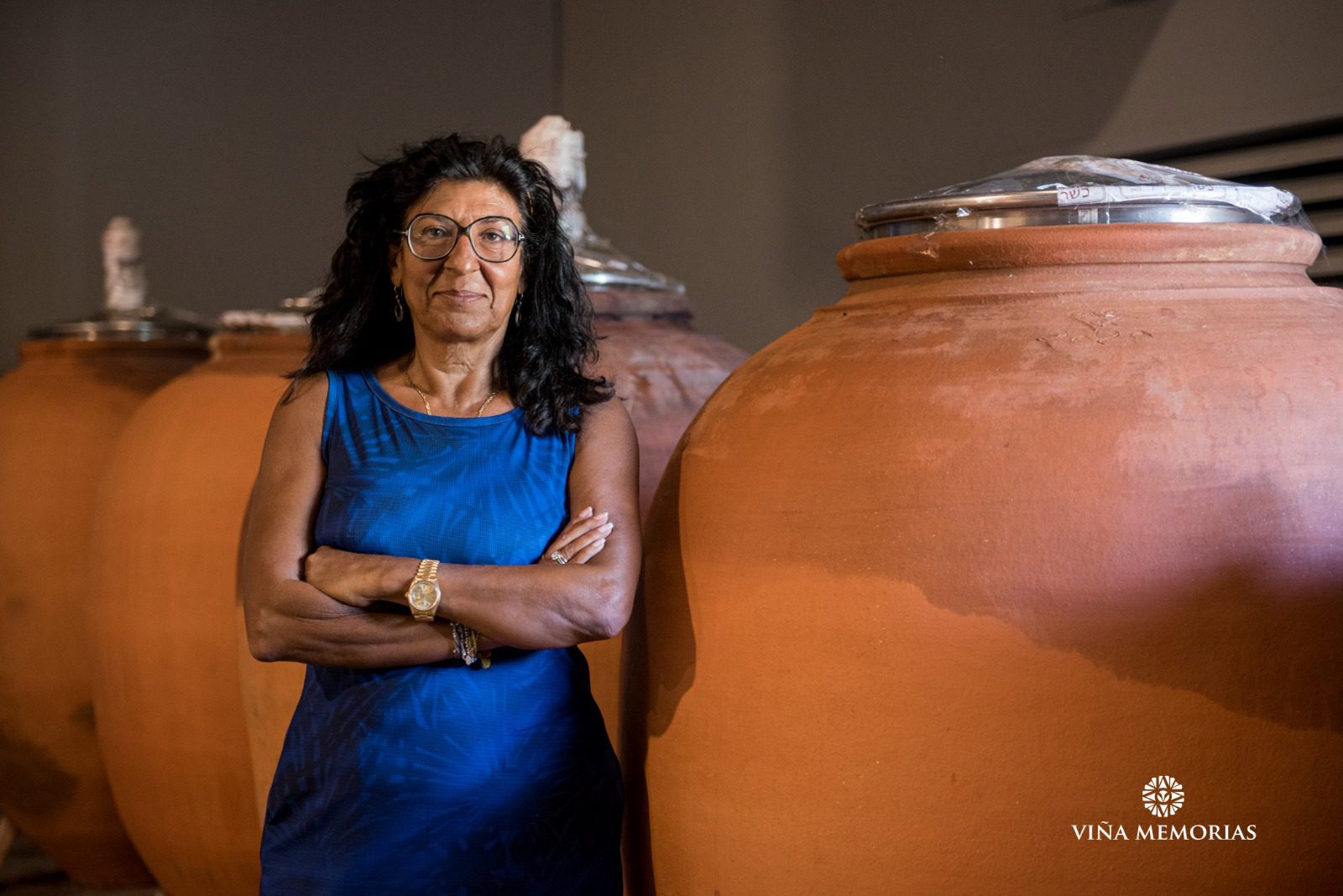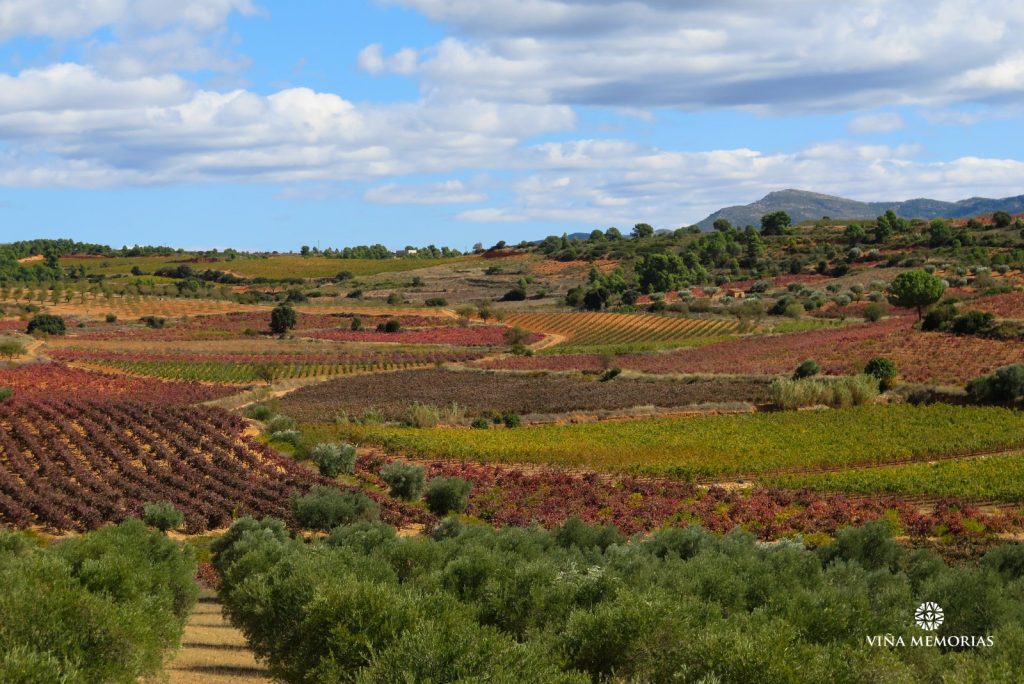Colin Harkness encounters classy, memorable kosher wines from the mountains of DO Utiel-Requena.
I expect it’s largely the same with most ‘Old World’ wines, but when it comes to Spain, there’s almost always a story behind each wine and every producer. Like some grape varieties, sadly, several of these tales might have been lost in the mists of time, but some, against all odds, are enduring. And this one may even be unique!
Take, for example, the story behind Bodegas Viña Memorias, a small family winery working away quietly in the mountains of DO Utiel-Requena, which itself boasts at least one of the world’s oldest wineries*. Who would know, when tasting their high-quality wines, that there’s 500+ years of history behind them? Typically, as is the way with humanity, this particular story involves more than its share of tragedy. However, it’s also a tale of remarkable resilience, determination and, for sure, belief!
In fact, there’s a clue as to the source of this history. In small print on each label you’ll find the word ‘Kosher’, along with some words using the Hebrew alphabet. Yes, the origins of this winery could be said to date back over centuries, to 1492 to be fairly precise! This was the year when all Jews were expelled from Spain, unless they had taken the precarious, dreadfully dangerous route of staying put, denouncing their own religion to become Christian, the religion of, not only Spain, but all of Iberia and then suffering, probably, under the infamous Inquisition.
Those who left were later to be termed Sephardic Jews and they scattered around the world, many ending up in relatively nearby Amsterdam, often a beacon of inclusion and tolerance to this day. Eventually, as time went on, the descendants of some of those who had left returned to the home of their ancestors to resettle in what we now know as Portugal and of course Spain.
The owners of Bodegas Viña Memorias can trace their roots back to those times which, in itself, is of great interest and more so because of the high quality of their small portfolio of organically-farmed wines, all of which are also Kosher. They are not the first Kosher wines I’ve tasted in Spain, but they are right up there, coming as they do, from very old vines.
Bodegas Viña Memorias was founded when the matriarch of the owning family, Annie Molco, decided that the land that she and husband, Enrique, owned in Spain’s Cuenca, not far from Valencia, would be a good way to bring the family back together, from their different parts of the world, to all work together on the same familial project. Armando Caracena-Molco, my contact and the couple’s son, was living in Tel Aviv; his twin brother, Victor in Peru; their other brother, Ramiro, in London – each successful in their own very different fields, but so far away from each other.
This precious land was home to almond, walnut, apple and pear trees, as well as vineyards, some of whose vines were centennial. These old vines weren’t producing many grapes but those bunches that did grow were of exceptional quality. If quantity had been the goal, then it wasn’t going to be possible, but Annie and the family had their eyes on quality.
Armando told me that he spent countless hours tending the trees and vines and working the land with his father when he was a child and teenager. This working with nature forged a deep love and understanding of the land and, when respected, what that land can produce. Though his studies in France and Spain resulted in a business career, he carried with him that essential feeling for the land. He’s not the head winemaker, that honour goes to Daniel Esposito, a talented Spanish winemaker, who makes his award-winning wines under most people’s radar, but Armando, along with the rest of the family are all part of the winemaking team.

Concentrating on Kosher
Annie was also very keen to make sure that the wines are Kosher – there are strong Jewish communities in various parts of Spain, so quality Kosher wine will always have a market here. However, the Viña Memorias wines are exported too. Essentially and certainly briefly, Kosher wine has to have been made entirely by religious Jewish people, with a Rabbi making sure all is correct.
Others will know more about this than me, but as I understand it, the vines and vineyards can be touched only by religious Jewish people. Work in the bodega likewise cannot be performed by gentiles, however there is nothing wrong in working under the direction of a non-Jew.
I have tasted several of the Viñas Memorias wines and I am certain that Jewish people who have not yet discovered them will be delighted. However, it’s not only Jewish people who will be buying these wines – they are outstanding!
Non-Catalan cava
They make cava here, too. Those readers who are familiar with Spanish wines will know that not all cava comes from Cataluña. Something like 5-10% of cava is made elsewhere. One such area is Requena, in Valencia. The burghers of DO Utiel-Requena fought something of a battle with DO Cava to ensure that they could proudly use the term Cava de Requena to distinguish theirs from those made in cava land. Quite a brave move, I thought, showing admirable total confidence in their own product. Now there’s a group you can follow on social media, Cava de Requena, to keep up with latest trends, news etc.
Viña Memorias Cava Brut Reserva is made with Macabeo (Viura), one of the triumvirate of grape varieties of traditional Spanish white cava. The fact that it’s a Reserva with, in this case, at least 24 months en rima (resting on its lees in the bottle) gives it some depth already, but add to this the fact that the vines providing the grapes are around 45 years of age, which accounts for further complexity in the finished product. Like all quality cavas, it also retains that freshness, so crucial in traditional method sparkling wine with, here, some fresh, crisp green apple, as well as a little stewed apple too, though no sweetness at all. If searching, you’ll find some pastry notes, but you don’t have to – just enjoy it!
The role of tinajas

Also linking this bodega with history is the fact that here they use tinajas, or amphorae. The still wines, red and white, therefore have a little earthiness and slight minerality included with the fruit. And the fruit!
Macabeo vines, not far off a half century in age, are producing rich and quite full white wines, with the Alkunya 2022 Envejecido en Tinaja, where it rests for six months, also having the benefit of another of cava’s favourite varieties, Xarel.lo. I have to be honest here, when tasting this wine, I wasn’t aware of the Xarel.lo in the blend, having not detected it on my palate (be fair, I’m getting on a bit now!), plus the label refers to Macabeo only.
It’s interesting to note that I heard of Viña Memorias when Armando Caracena-Molco contacted me, having read a post of mine referring to the quality nowadays of Spanish white wines compared with those of 20+ years ago. He agreed with me, citing his own whites, but also wanted to send me some of their red wine too. I’m so glad he did!
Brilliant Bobal
Yunniko 2021, fermented and aged in tinaja, is one of the three best red wines I’ve tasted so far this year! It’s made from centenarian Bobal ‘pie franco’ (original phylloxera-resistant rootstock), such a wonderful red wine variety, indigenous to SE Spain, and with a fascinating story behind it, too**. Very dark cherries on the nose and palate, lovely concentrated, deep, dark red fruit intensity, expressive of the variety, with earthy amphora-derived notes. It’s a wine that really made me stop and take it all in. Rich, sure, but contemplative as well – nothing like the over-juicy crowd-pleaser fruit-bombs, which are so popular today.
I enjoyed Alenar old vine Bobal too. Also aged in tinajas, plus with the benefit of coming from old vines, its style is nevertheless lighter on the palate with some variety-typical dark cherry notes. As is customary in our house, we tasted the wine one day, then placed it in the fridge to try the next day when it had come back up to room temperature. However, I was impatient and tasted it first when it was still slightly chilled.
I’m glad I did, as I can now say with confidence that this is one of those reds that can be chilled a little. Think of those hot summer evenings (we have them all the time in SE Spain!) when the BBQ is out (it’s a permanent outdoor fixture here!) and you want something to complement the meat flavours rather than just wash it down.
For more information, check out www.vinamemorias.com
*Las Pilillas, 2,600 years ago!
** Perhaps the subject of another thankfully(?!) shorter article to come?
Photos courtesy of Viña Memorias

